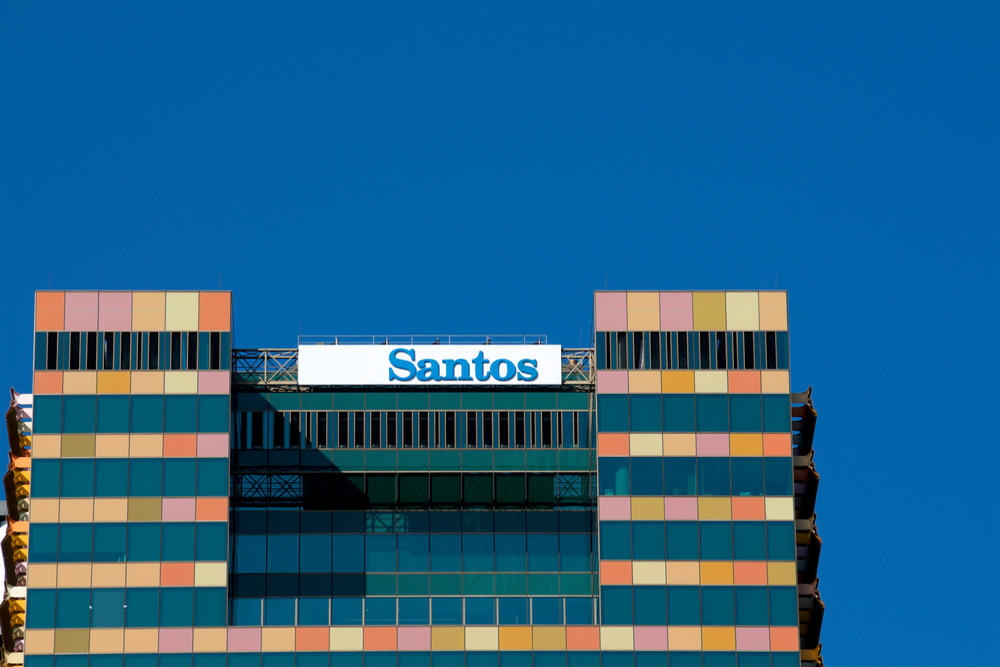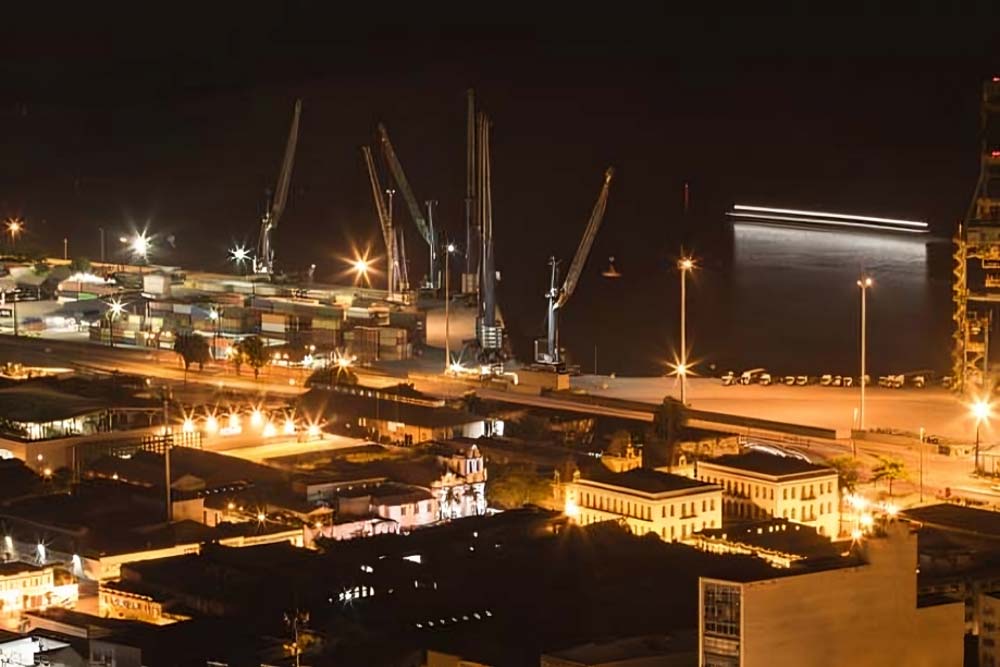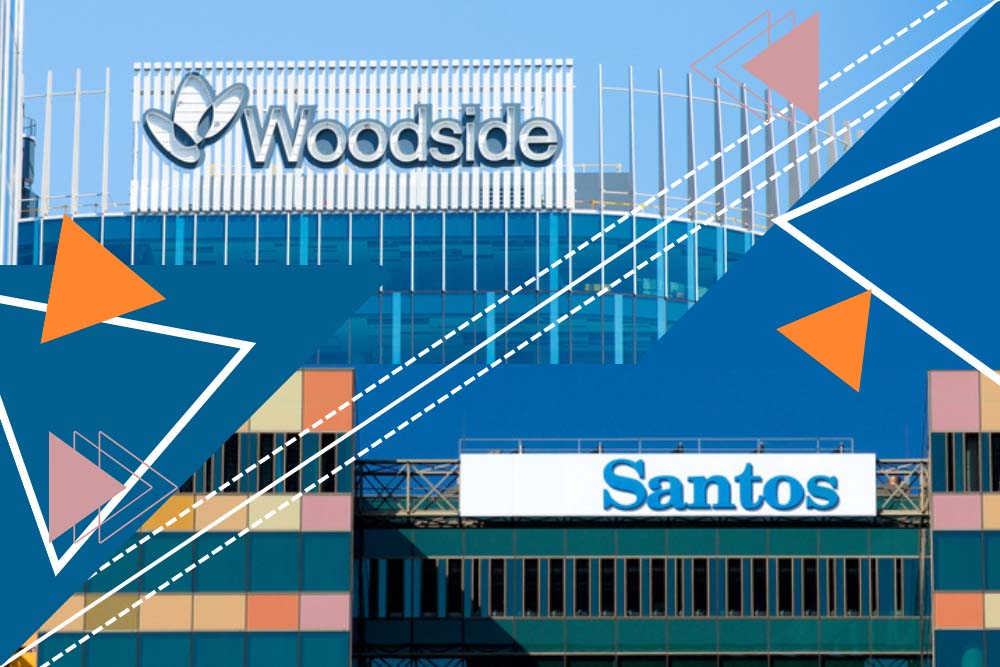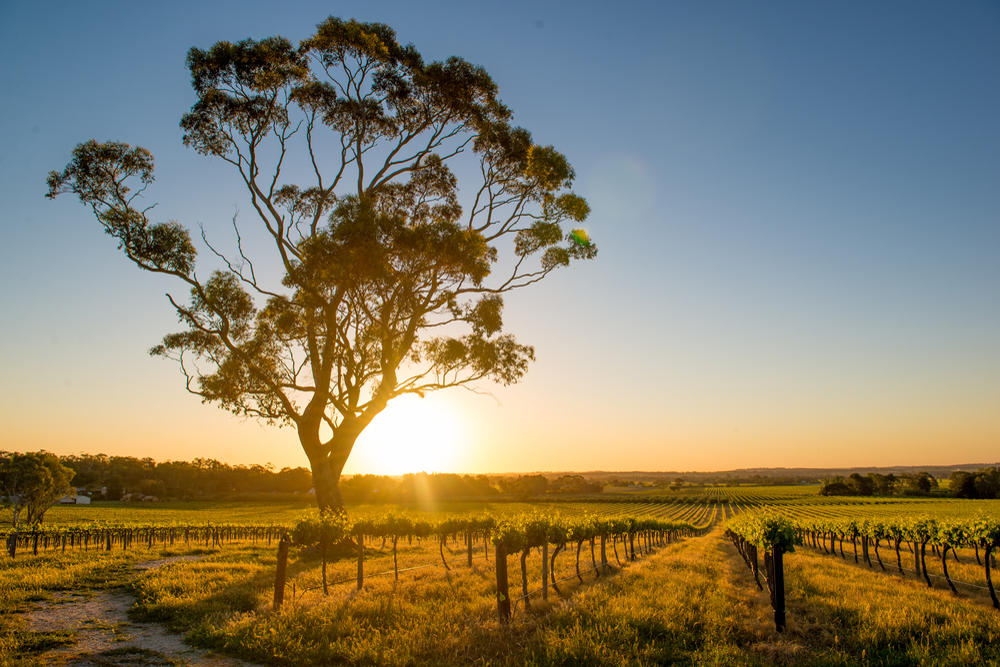
A hybrid micro-grid that will power 13 oil pump loads in South Australia’s Cooper Basin has been completed.
In partnership with Santos, AGL has installed the micro-grid which utilises solar, battery storage, generators and a monitoring and control system designed to respond to dynamic changes and power requirements.
AGL Chief Customer Officer, Christine Corbett said the micro-grid will help Santos to shift to sustainable and reliable energy sources, improving both the commercial performance and overall environmental impact of its oil wells included in the project.
“Santos was seeking an energy solution that was less carbon intensive and more cost-effective to maintain in a remote location,” Ms Corbett said.
“We developed an intelligent micro-grid control system that reduces the safety risks for remote area work and ensures reliable and sustainable supply.
“The system will reduce maintenance time, improve efficiency, reduce fuel consumption and most importantly use renewable energy, supporting Santos in lowering its emissions.
“An area like South Australia’s Cooper Basin can often be exposed to unexpected weather events and by using a multi-sourced system we are ensuring Santos has a more reliable source of energy.
“During the day, energy is largely provided from solar and generators and overnight the generators and the battery continue to provide essential supply.
“This project is an excellent example of how distributed energy resources can create an efficient and sustainable solution for businesses.”
The micro-grid is made up of a centralised 130 kilowatt (kW) solar PV system, a 437-kWh battery storage system, a 500 kVA pad-mounted step-up transformer and two new 450 kVA generators connected to oil pump sites via a six kilometre high voltage transmission power line and step-down transformers.
Santos’ emissions reduction targets include:
- 2030: Reduce Scope 1 and 2 absolute emissions by 26-30 per cent on 2020 baseline
- 2030: Actively work with customers to reduce their Scope 1 and 2 emissions by >1mtCO2e per year by 2030
- 2040: Scope 1 and 2 absolute emissions net-zero.






